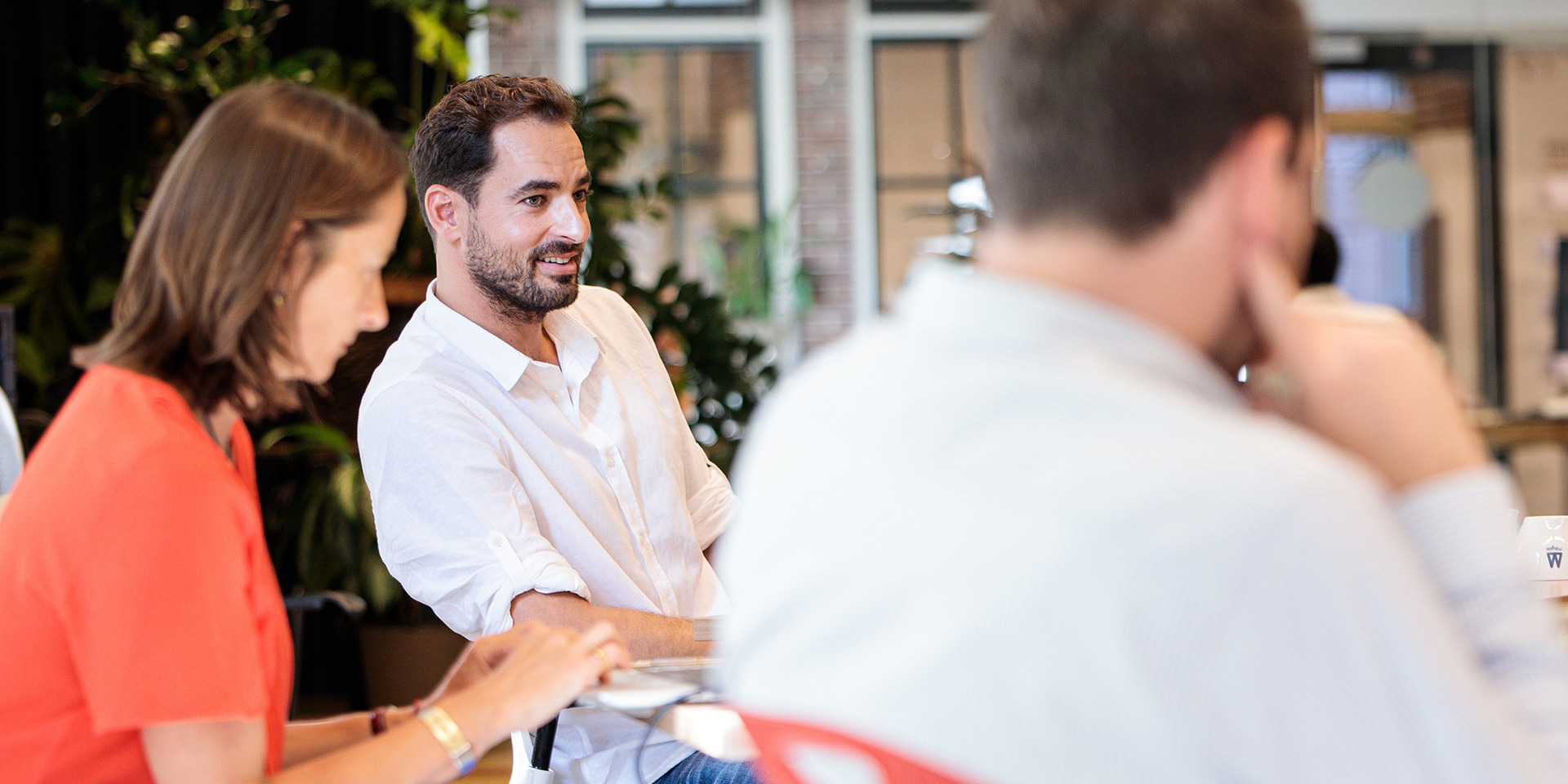Creating Space for a more Collaborative Economy

While social entrepreneurs seek first of all to make an impact, they spend much of their time and energy on navigating a landscape where “doing business” and “doing good” are not yet sufficiently integrated.
At times the regulatory parameters are unclear for innovators, while at others, the shift from public service provision to social enterprise as a provider, for example in health care, employment creation, ecological conservation and so on is a relatively unspoken agreement where there has been little, if any, negotiation on the transition plan and resourcing. And with this ambiguity, differing expectations of each other take root. As social enterprises are relatively new to some in the public sector, a definition and an understanding of the boundaries of this emerging sector need to be found. At times, even the reaction to regulate, legislate, tax or contain that which is newly emerging is in itself an act of suppressing potential for life-enhancing innovations.
In a society that aims to get everything right so quickly and so rationally, we often fail to allow sufficient space to test initiatives.
We may even learn from failure if we embrace it and learn from it. “Allow experiments, we might just surprise ourselves,” said a participant in a recent societal renewal innovation lab in the Netherlands, an event which brought together social entrepreneurs and civil servants. More specifically, we need to experiment with new tools of collaboration and test new mechanisms for financing this societal innovation. It is in this space where governments at all levels have an interesting choice to make: to help or hinder the emergence of the new.
Given the systemic nature of many of our socio-economic and environmental challenges, our first task at hand as entrepreneurs (and governments) is to admit that we are dealing with a level of complexity in which a multiplicity of perspectives is needed. In a values-based society, one cannot quantify everything. So how do we evaluate and report progress when societal change is non-linear? Systems thinking requires us to consider how any action can affect other parts of the related system. A system is a dynamic and complex whole, and forces us to consider how seeming chaos gives way to natural order in due course, and that time helps us understand the evolution of systems. Governments with this foresight are in an ideal position to be convenors of multiple perspectives, of new experiments and of tools to test. The ambiguity that accompanies innovation and emergence is uncomfortable for many–particularly those who take seriously their accountability to their public.
Consequently, communities of social entrepreneurs who create safe havens to turn idealism into viable business models and to turn failure into learning encounter the added challenge of educating those around them on the very paradigm that underlies their idealism and experimentation. While governments often applaud the new ideas, their inability to learn along with their citizens can remove them from the very contexts that can teach them about policies that serve practice, rather than get in the way of it.
And perhaps it is in this slightly uncomfortable space–of not yet knowing the answer–that there is room to start asking new questions about the systems and structures we are creating as we interact. It is in this space that true innovation can begin, and can start to open up new ways forward for some of our seemingly intractable societal challenges and to move into a more generative economy. In collaboration.
Text written by Tatiana Glad